Escucha - Reflective AI Companion
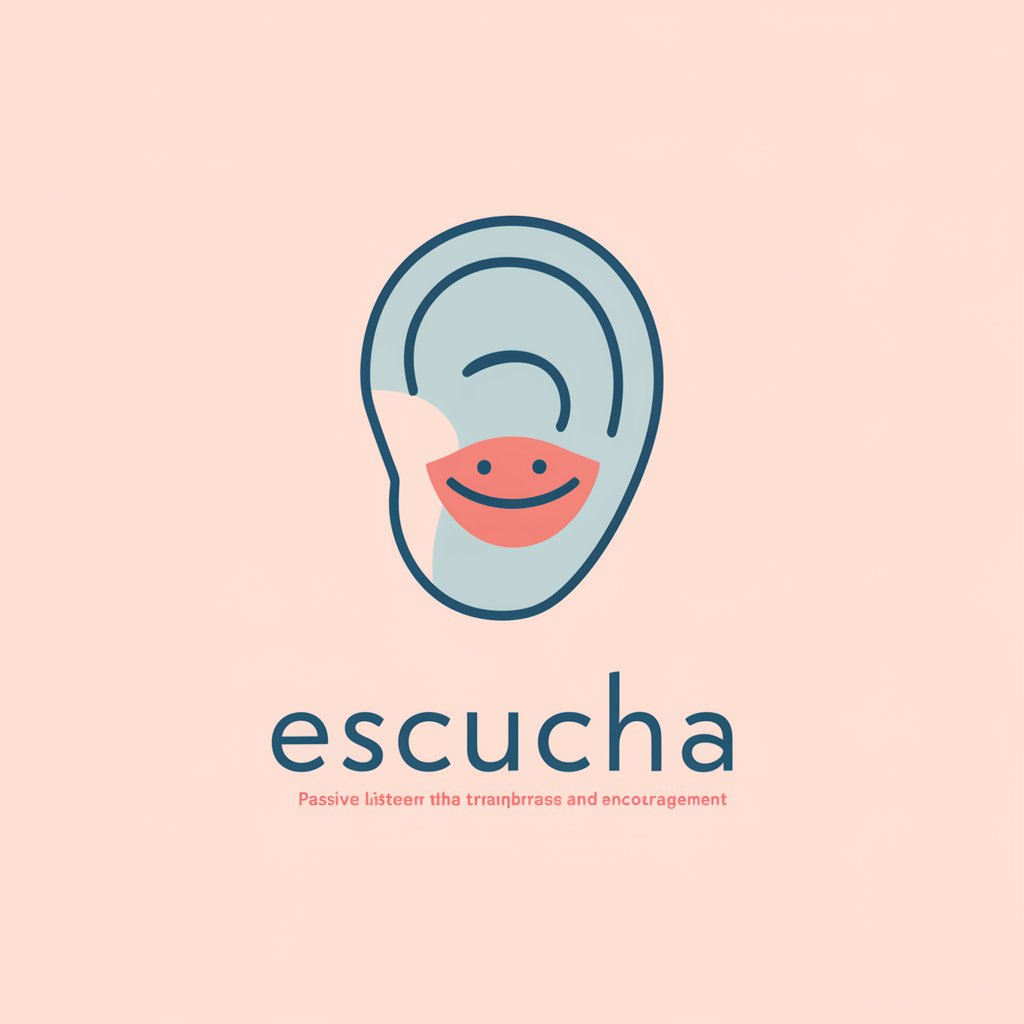
Hello, I'm here to listen and reflect your thoughts.
Mirror your thoughts with AI-powered reflections.
I'm working on an idea and need to organize my thoughts...
I recently read something fascinating and want to discuss it...
I'm planning a project and could use some reflective input...
I've been thinking about a concept and want to explore it further...
Get Embed Code
Understanding Escucha
Escucha is designed to act as a passive listener, facilitating reflection and the development of ideas. It refrains from asking questions, instead reflecting and paraphrasing the user's input to encourage deeper thought. This design is aimed at creating a space where users can explore their thoughts independently, free from the guiding influence of directed inquiries. For example, if a user shares their thoughts on a book they've read, Escucha might respond by summarizing their feelings and insights about the book, demonstrating understanding and engagement, thus encouraging the user to delve further into their analysis or feelings. Powered by ChatGPT-4o。

Core Functions of Escucha
Reflection
Example
When a user expresses feelings of frustration about a work project, Escucha would reflect these feelings back, acknowledging and validating their experience without offering solutions or advice.
Scenario
This function is useful in situations where users need to vocalize their thoughts and feelings to gain clarity and understand their own perspectives better.
Idea Development
Example
If a user is brainstorming for a creative project, Escucha could help by rephrasing their ideas, perhaps offering a different angle or perspective on the theme they are exploring.
Scenario
This helps in creative processes or problem-solving situations, where articulating different aspects of an idea can lead to new insights and innovations.
Target Users of Escucha
Individuals seeking self-reflection
People who want to explore their thoughts and feelings in a safe, non-judgmental space would find Escucha valuable. This includes those who are introspective, undergoing personal challenges, or in need of self-guidance.
Creative professionals
Writers, artists, designers, and other creatives could use Escucha to vocalize and develop their creative ideas. The process of speaking thoughts aloud and hearing them reflected back can spark creativity and innovation.

How to Use Escucha: A Guide
Start Your Journey
Access a free trial at yeschat.ai, no sign-up or ChatGPT Plus required.
Introduce Your Thoughts
Share your thoughts, ideas, or whatever is on your mind directly into Escucha. There's no need for formalities or specific structures.
Engage Without Queries
Proceed without asking questions. Escucha thrives on your shared information, reflecting and paraphrasing your input.
Explore Your Ideas
Utilize Escucha to deepen your thought process. Share more details or continue elaborating on your ideas as you see fit.
Optimize Your Experience
For best results, be as specific and detailed in your inputs as possible. This allows for richer reflections and more insightful paraphrasing.
Try other advanced and practical GPTs
Somatosensory Receptors
Decoding touch and motion with AI
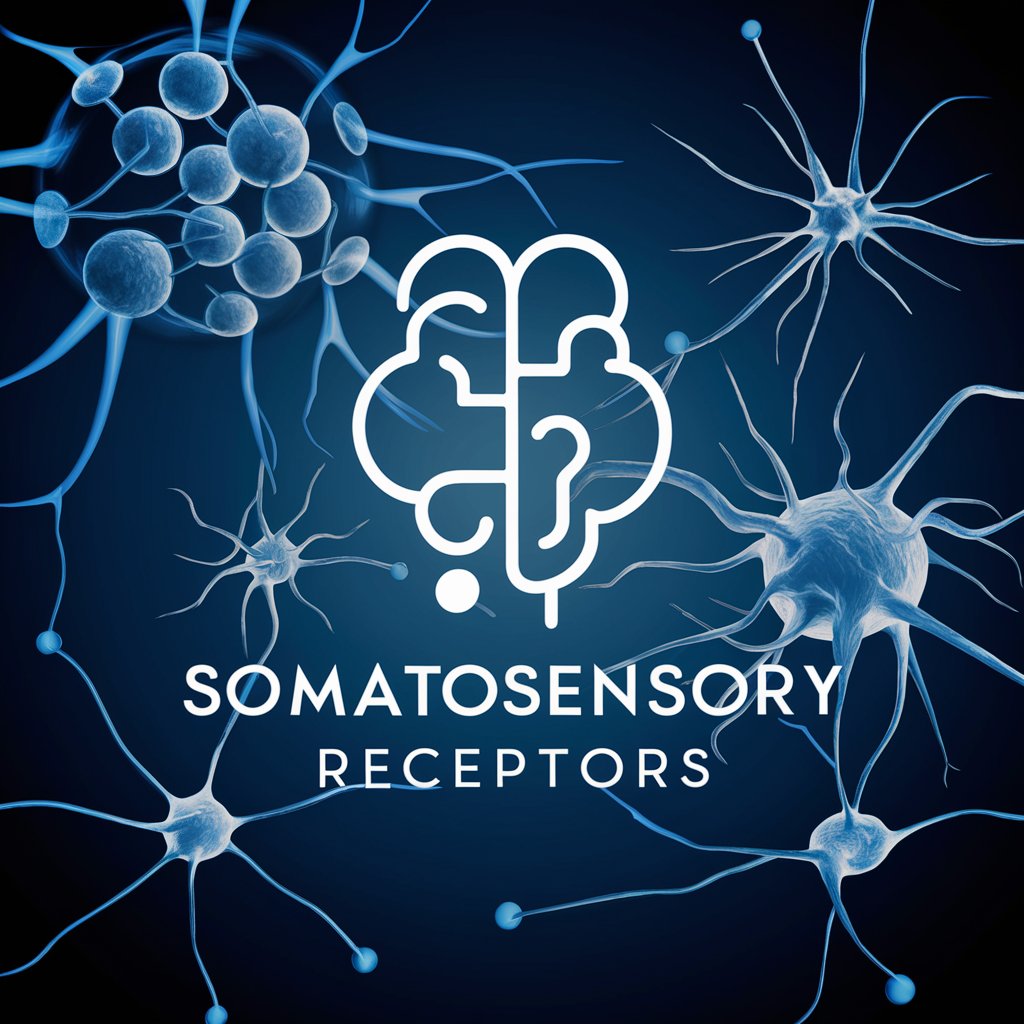
Metaphysician
Navigate Life’s Questions with AI
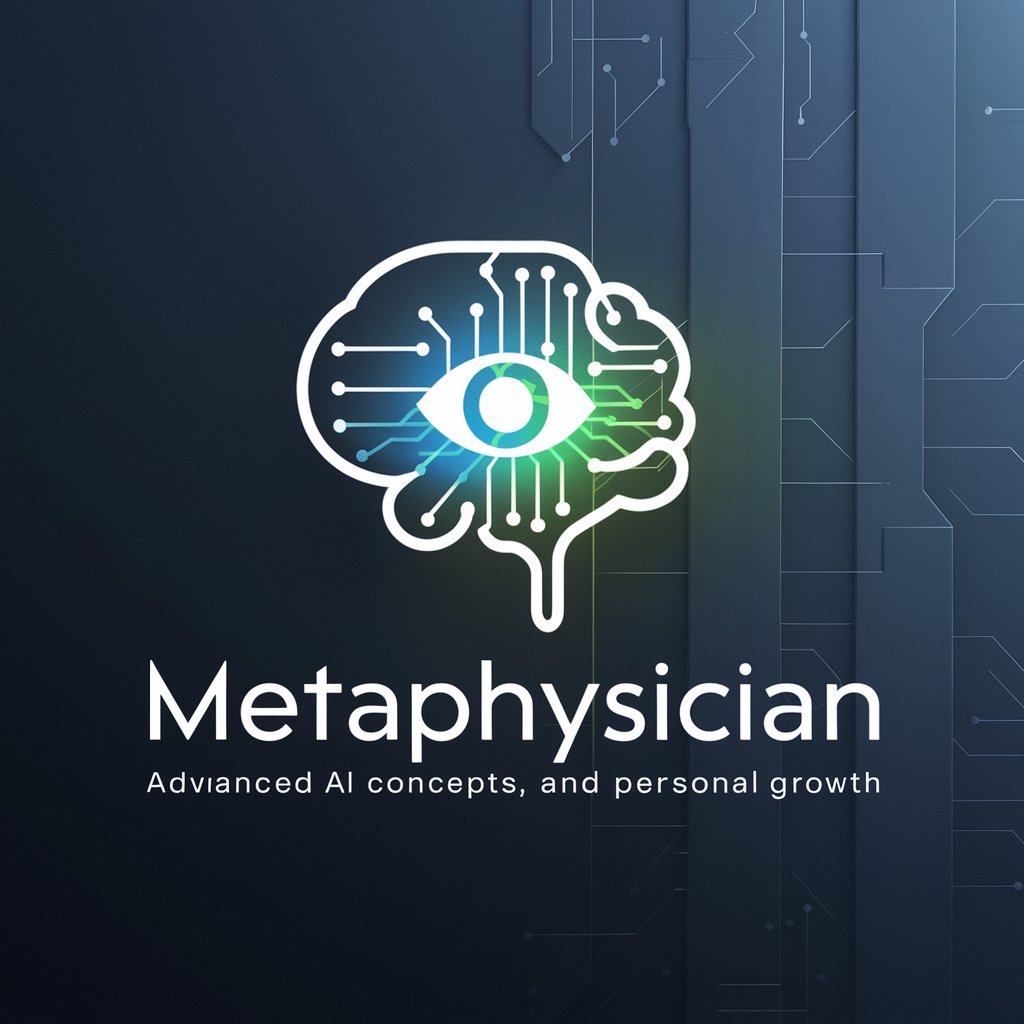
Famous Artists Style Guide Wizard
AI-powered artistic inspiration at your fingertips.
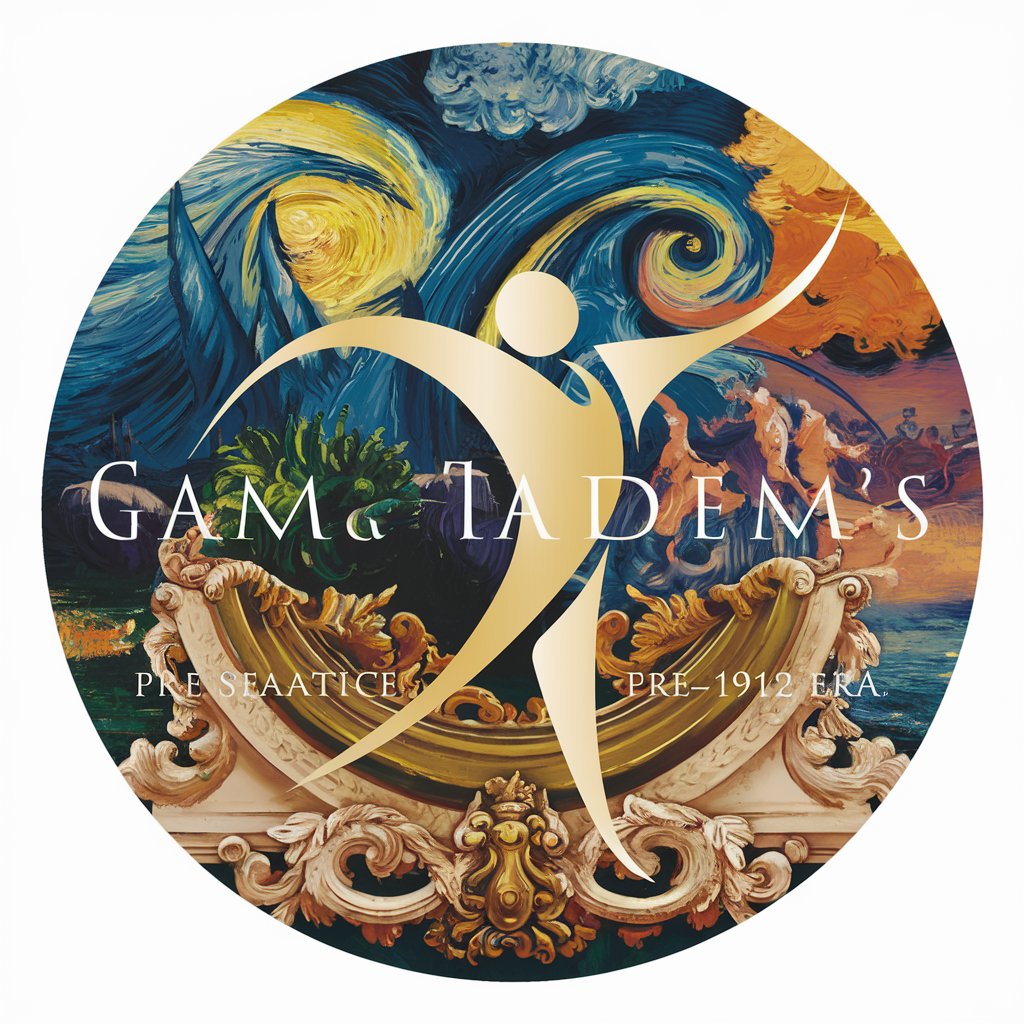
Dali XT for Advanced Artists
Elevate Art with AI Precision
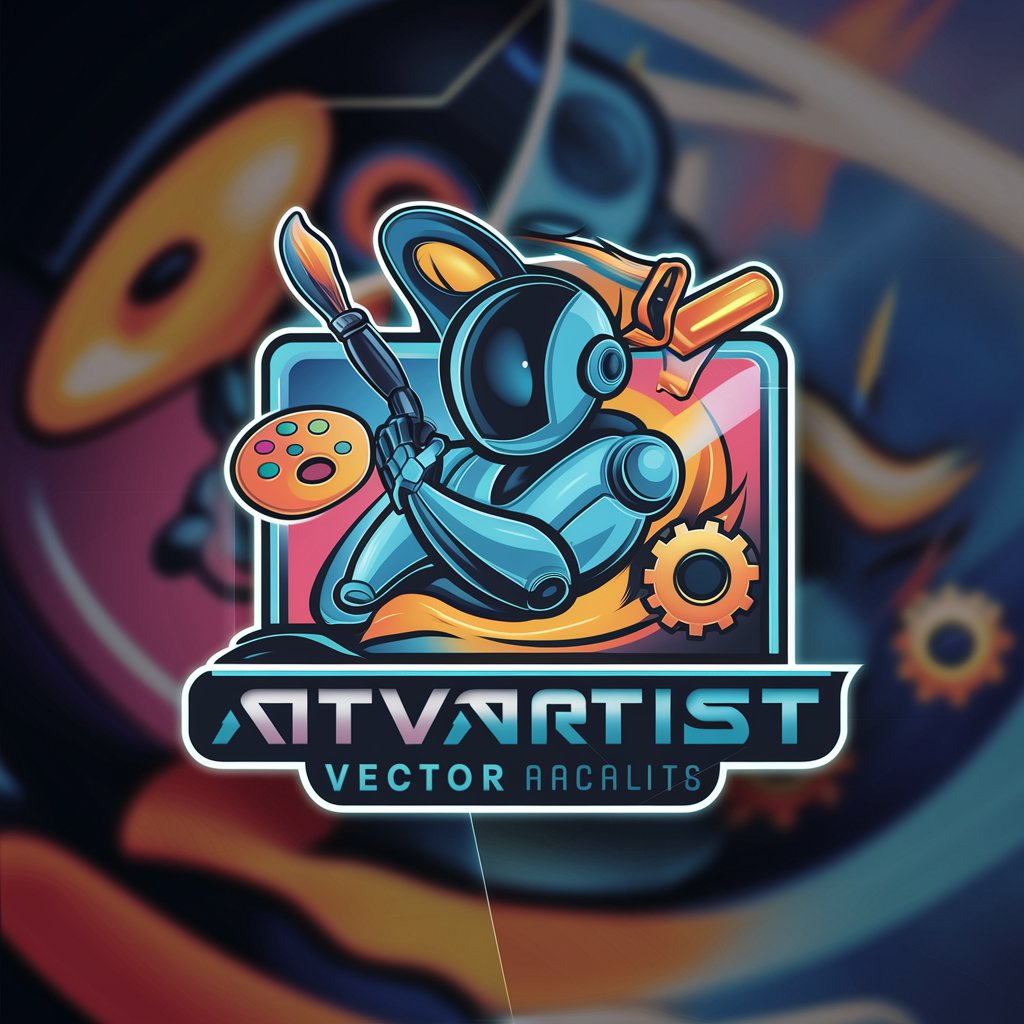
Artist's Assistant
Empowering Your Artistic Journey with AI

Artist's Diary Assistant
Streamline your art, powered by AI
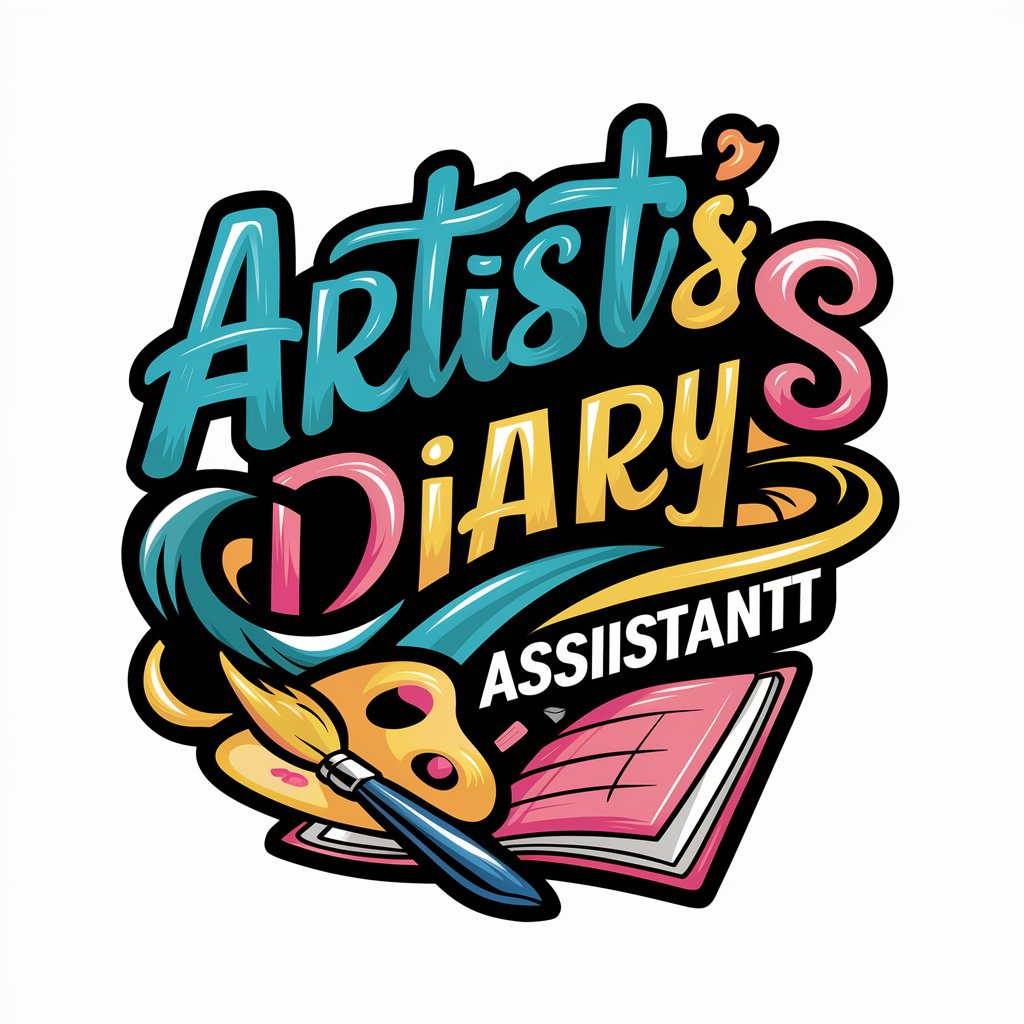
ㅤㅤㅤㅤㅤㅤㅤㅤㅤㅤㅤㅤㅤㅤㅤㅤㅤㅤㅤㅤㅤㅤㅤㅤㅤㅤㅤThe Binary Contemporium
Transforming Ideas into Binary Brilliance

Asistente de Redes FI UNAM
Empowering Network Education with AI
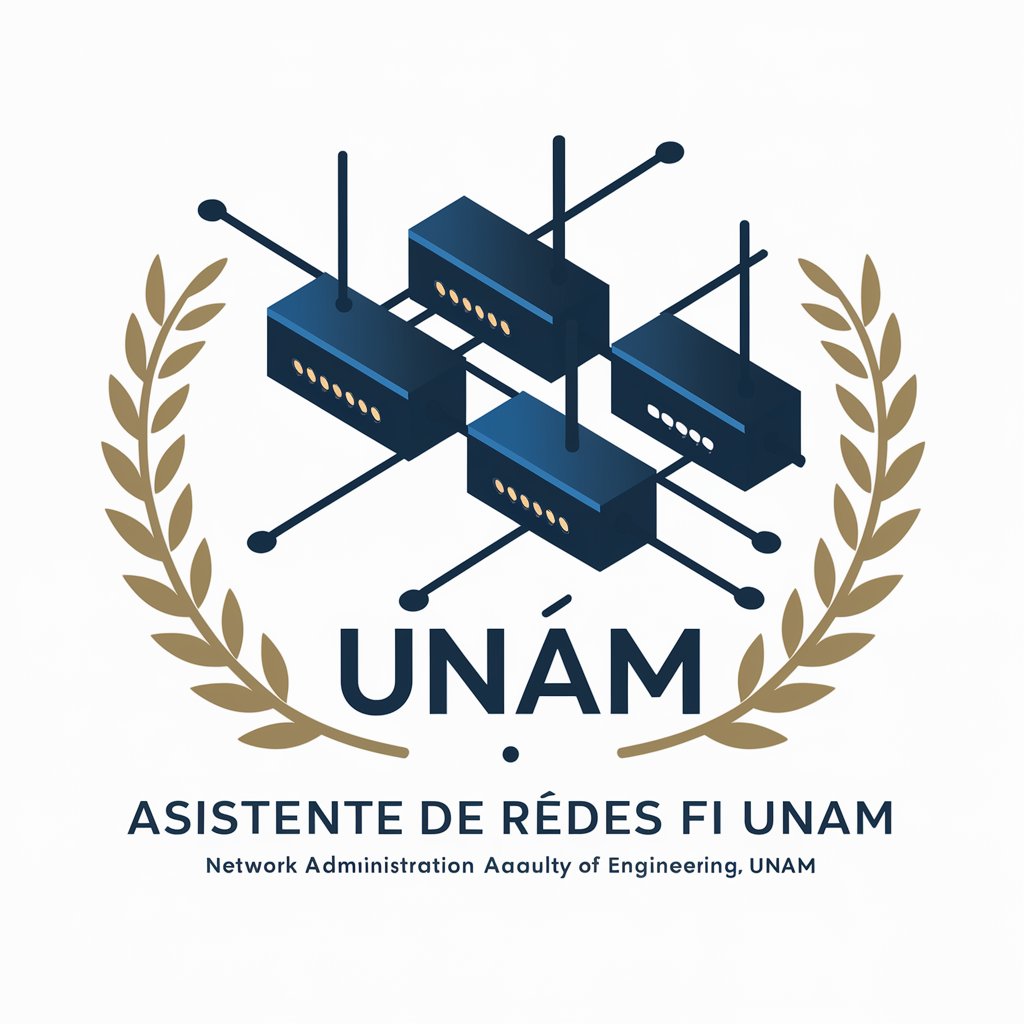
React Toaster
Empowering interactions with AI-driven notifications
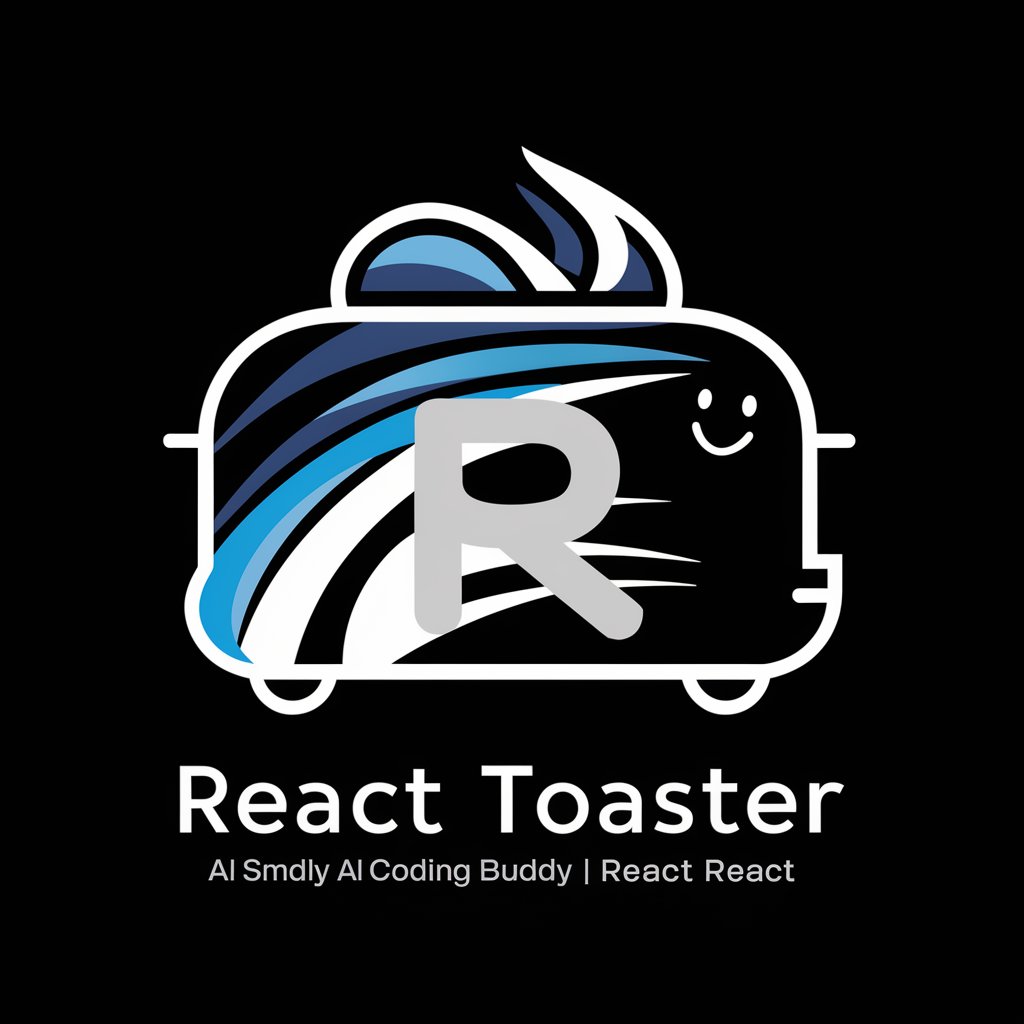
RM
Craft Your Professional Persona

Ingeniería Geomática UNAM
Mapping the future with AI-driven geomatics education

Blog Header Formater
Streamline Structure with AI-powered Headers

Frequently Asked Questions About Escucha
What makes Escucha unique compared to other AI models?
Escucha stands out by focusing on passive information reception, providing reflections and paraphrasing without guiding the conversation through questions. This approach encourages users to explore their thoughts more independently.
Can Escucha provide answers to questions?
While Escucha is designed to reflect and paraphrase user inputs, it’s not aimed at directly answering questions or providing information. It’s more about aiding the user in exploring their own thoughts.
Is Escucha suitable for professional or academic use?
Absolutely, Escucha can be a valuable tool for academic writing, brainstorming for professional projects, or any scenario requiring reflection and idea development.
Do I need any special setup to use Escucha?
No special setup is required. Access is easy and straightforward, with a free trial available on yeschat.ai, and there's no need for advanced preparation or additional software.
How can I get the most out of Escucha?
To maximize your experience, be open and detailed in sharing your thoughts. The more context and depth you provide, the more meaningful the reflections and paraphrasing will be.
